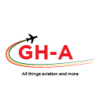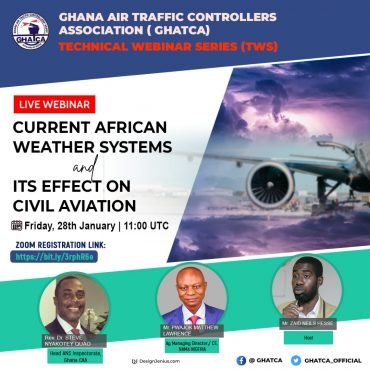7th May 2019 | Elizabeth Sasu
On Monday 7 October this year, KLM, the world’s oldest airline turns 100. That’s a respectful age and a remarkable achievement in an industry which has significantly developed over that century and is under great pressure today. But given the current performance of the company, the question pops up whether KLM can survive and what it would take to do so.
Surviving in the airline industry is not easy. Increasing fuel prices, stronger regulations, overcapacity and ruthless price competition make the life of an airline tough. Ever since the 2008 crisis, the company, as well as the airline industry at large, is suffering and shows mixed results over the years. And the 2019 Q1 results that came out last week show a significant loss for both the Air France-KLM group as well as for KLM separately. Despite a 3% growth in the number of passengers, KLM made a €56M loss in that quartile.
KLM’s marriage with Air France is not all roses—to say the least. Throughout the years, KLM outperforms Air France both financially and in terms of customer satisfaction. The fact that profits and Net Promoter Scores of KLM are structurally higher than those of Air France, raises questions (certainly amongst the Dutch) about the marriage and whether KLM would perhaps have been better off alone. But the last quarterly results show that the disappointing results cannot only be ascribed to Air France. Also KLM is making losses.
This raises the question whether and how the tide can be turned for KLM. With the aggressive competition of low-cost airlines like easyJet and Ryanair it seems that the only way to compete is by offering low prices. Along those lines KLM is trying to play the low-cost game too, with its sister brand Transavia.
Looking at Transavia’s financial performance, though, that doesn’t seem to be a way out: Transavia made a €78M loss in the first quarter of this year. The reason is that a low-cost strategy doesn’t fit KLM’s DNA. Furthermore, there is too much competition out there playing that game already. So what should KLM’s strategy then be?
With its “KLM Takes Care” program, KLM increasingly positions itself as a sustainable airline with a strong emphasis on improving their societal and environmental impact. Accordingly, the company is already for more than a decade ranked in the top of the Dow Jones Sustainability Index.
Focusing on sustainability can help and is definitely something any responsible company should be doing. There is increasing awareness amongst consumers and there seems to be a slow but steady movement towards buying more sustainable products in a variety of sectors.
However, this is not going be enough. Most customers aren’t primarily driven by sustainability. Rather, they look for what’s in there for them, rather than for the world at large. As a result, the niche for sustainable flying is too small and growing too slow for KLM to exclusively rely on as differentiating strategy.
But what then? What should KLM’s strategy be? The answer can be found by looking at the entire process of flying and the pains that customers experience throughout that process. Last week I flew from Amsterdam to New York and that gave me ample opportunity to observe, experience and reflect on this process. When I did this, there was clearly one thing that stood out in the entire experience: stress.
For most people, everything in flying—except perhaps the flight itself—is one big stress-causing activity. With all the paperwork and rules, waiting and standing in lines, passport and security checks and overcrowded airports, you just see everyone hoping that everything will turn to be all right. People are stressed and anxious about whether they are on time, whether they are in the right lane, whether they have the right paperwork, whether their plane will take off, whether they get through customs at arrival, whether they catch their connecting flight, whether their luggage has arrived too, and so on and so forth.
This stress is where KLM should focus its strategy on. To some extent it already does, which is one of the reasons I chose for KLM for my flight to NYC. Compared to other airlines, it feels a bit more trusted and dependable for me and staff friendliness is above average. Partly my choice is caused by my Dutch background, which makes me feel more at home with a Dutch airline. But it is not just that and KLM could do much more to make stress and anxiety reduction the core of their strategy.
While there is always a large group of customers picking the lowest cost alternative, I am sure there is also a large group of customers who want to avoid stress and will pick the most relaxed, comforting and dependable alternative—as long as prices are not significantly higher. Those travellers don’t want to just get from A to B. They want peace of mind. So, my advice to KLM: make offering the most stress-free traveling experience your strategy by helping customers with all the anxiety-causing factors throughout their customer journey.
Source: forbes






Post comments (0)